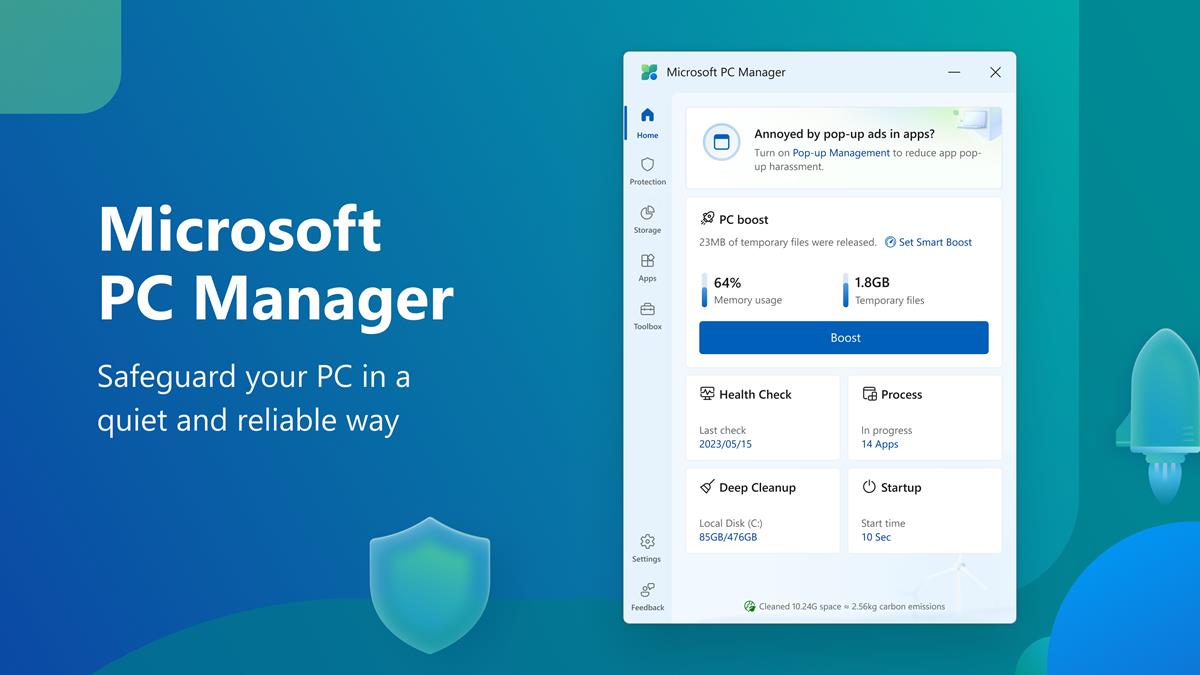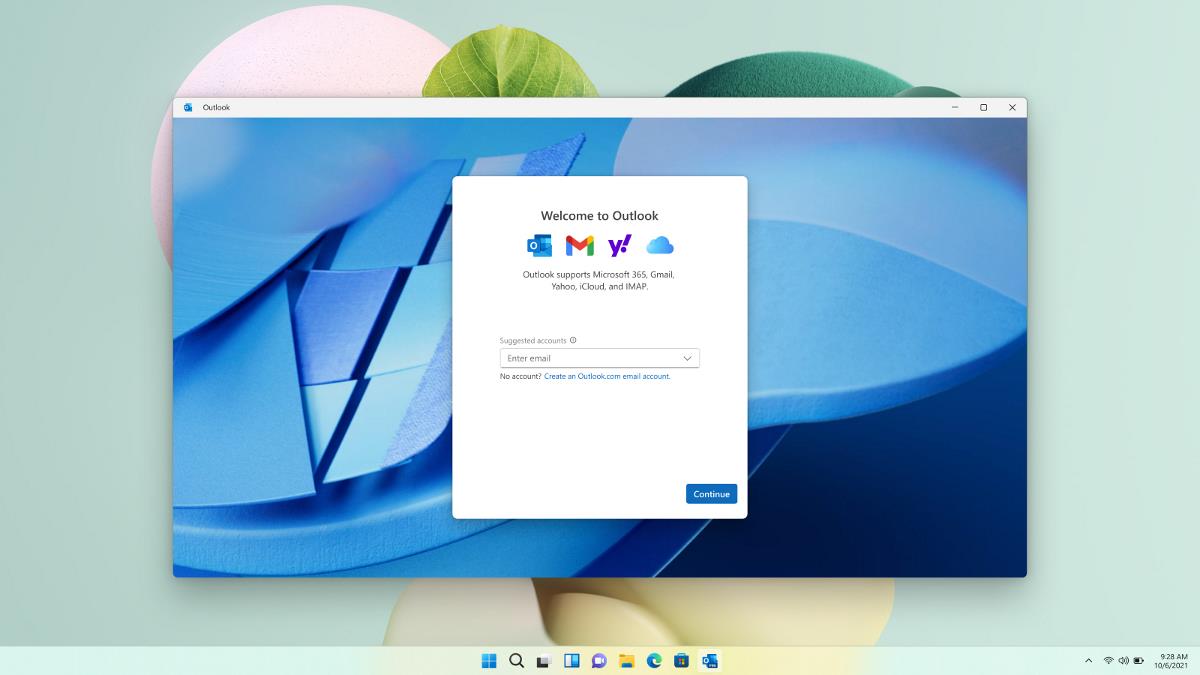Microsoft ties Office 2013 to a single PC
Prior to Office 2013 customers who bought a retail copy of the suite were allowed to reassign a license to a different device. The purchase of a new PC for instance that replaced the old PC Office was installed on did not prevent the customer from moving the Office installation to the new PC.
This changes with Office 2013 which is tied to a single PC permanently. Once activated on a PC it is permanently tied to that PC. In other words, the Office 2013 license cannot be transferred to a new computer no matter if you continue to use the old PC or not.
That's bad for Microsoft customers for a number of reasons. Imagine installing Office 2013 on a PC that gets stolen the next day. If you had Office 2010 or earlier installed on the PC, you could simply use the software on a new PC without having to buy another license for that new PC. With Office 2013, you have to buy another license as you can't transfer licenses between systems anymore.
Microsoft states this clearly in the retail license terms of Office 2013:
Under our license we grant you the right to install and run that one copy on one computer (the licensed computer) for use by one person at a time , but only if you comply with all the terms of this agreement.
When you read the Office 2010 license terms you stumble upon this instead:
You may reassign the license to a different device any number of times, but not more than one time every 90 days. If you reassign, that other device becomes the “licensed device.†If you retire the licensed device due to hardware failure, you may reassign the license sooner.
The first question that may come to mind is why Microsoft made the change to the licensing terms. The answer seems obvious: it is also selling subscription-based packages now. Unlike Office 2013, Office 365 for Home allows users to install the software on up to five devices. On top of that, it is also available at no extra cost to all members of a household and it is possible to transfer licenses from one computer to another.
It is not clear how strict the new licensing terms will be enforced. I for one won't purchase Office 2013 or subscribe to Office 365. While I would use Office 2013 under the 2010 licensing terms, I can't use it under the new terms. If the PC I installed it on gets damaged or stolen, or if I plan to replace it with a new model, I'd have to buy another license to continue using it. That's insane.
There are several alternatives available, Open Office and Libre Office come to mind which both provide a similar feature set. Most home users should not have any issues switching to those programs instead.
Additional information about the new licensing terms are available on the PC World website.
Update: Microsoft has posted clarifications on the official Office blog. It basically confirms what is been said so far. What's new is that users who install Office 2013 on a PC that falls under warranty can receive an exemption to activate Office 2013 on the replacement PC.
Update 2: Microsoft made changes to its license agreement. Users can now once again transfer licenses of Office 2013 between PCs.
Advertisement




















Iam a resident of India and I want to purchase Microsoft office 2013 for home/student edition for single PC. The problem I am facing is that the purchase can only be made through credit cards which I believe is not justifiable. Now many of the people use Debit cards or net banking . How do you expect them to fulfill their needs.
Now, can anybody write to me how I go about it.India .
Regards
mike
If you can, get a “gift” credit card for the amount you need. Call the number on the card and register it in your name. Then you should be able to make the purchase. Good luck!
OEM versions of Office and Windows have had this tie-in for years and years.
It’s also unenforceable in the United States as it violates first sale doctrine. The iffy nature of click-wrap contracts are (generally — you’re mileage my vary — and I am not a practicing lawyer) not enough to overcome first sale doctrine. (If you were buying some expensive enterprise software, and actually signed a physical contract BEFORE receiving the software, that would be different. But with consumer software, you generally don’t see the contract until AFTER you have bought the product. Legally, it can make a world of difference.)
So, yeah, you’ll still be able to change systems associated with a copy of Office (or Windows). You may need to call in for activation as the automated system claims you have already activated too many times. 99% of the time, the MS activation team will allow you to activate. Just tell them it’s currently installed on only one system.
I’ve successfully transferred OEM licenses for Office (and Windows) many times.
And don’t abuse the system. Don’t lie. Don’t tell them it’s installed on one system when it’s installed in 20.
Be reasonable, and you (probably) won’t have problems.
Unless Microsoft has suddenly become more restrictive on these…
It was confirmed that the new permanent restriction does not apply to Germany. Here, you can simply call a free toll number to get a new product key for Office 2013 so that you can install it on a new PC.
This is the best thing that has ever happened to LibreOffice, OpenOffice, and the rest of the non-commercial packages. Thank you Microsoft!
Of course, this only impacts their honest customers. The folks that pirate it will continue to do so. The bad news for MS is it will also drive some people from the first camp into the second, which means fewer sales. Gotta love the “logic” behind that.
Has Balmer hit himself in the head with a chair because MS has really been pulling some strange “strategic” moves lately. Even the fanbois are having a hard time pumping them up. They seem to be hellbent on self-destruction.
Office 2013 is a ripoff. First, the subscription NONSENSE and now this licensing NONSENSE. Ballmer is getting greedy.
I have been using Office 2007 for the past 6 years, and have installed it in 3 new computers [after duly uninstalling from the previous PC]
Since Office 2013 offers no real enhancements to my present program, I see no reason to change, even if Bill Gates in person offered me a free copy.
I predict a strong Microsoft office bubble, as people dump for alternatives. I’m two years into Libre Office. I have a few documents from the TV station that I print, (playback request) that’s it. While certainly not everyone can migrate away, checking if you can doesn’t hurt. I actually feel empowered not to be tied to it. All the patches for it are because of security exploits anyway. Good riddance, and no I don’t mind downloading 200MB of libre office every so often for update.
I think things are not going well for the future in these big companies.
Take something like Photoshop 5 compare it to the latest CS6 monstrosity, which photoshop loads faster? (for those who can’t test the 5 does) Which is easier to register with no internet?
Or acrobat… nothing but exploit patches now. GOvernment agencies are packed with a plethora of non-searchable, un-indexed, tiff scanned documents, all named with no rhyme or reason, it’s no wonder the people can’t keep up with the lawless stuff going on. LOOK AT THE CAFR documents! (there’s a nice test for those PDF converters)
There is no way I am buying a single license of this 2013 junk, I further suspect it watermarks your work in some way, but I can’t prove it and frankly don’t care anymore as I have an alternative solutions. Sometimes OLD is better than new if you can protect it from security problems.
Office 2013 FAQ
On how many computers can I install the software?
2 computers, either 2 PCs or 2 Macs, specific to the software that was purchased.
http://www.microsofthup.com/hupus/faq.aspx?culture=en-US
What is everyone else talking about?
Darryl,
You’re quoting HUP, which only works if your employer has a volume licensing and you qualify for it.
That the article is talking about a regular purchasing of the license.
The whole thing is clear as mud. And I suspect the lawyers want it that way to cow the user base. If you want a classic case study on how MS does this, check out the old Home Server license, which was blatantly self-contradictory as to who could use it.
Odd how MS is so strict on licensing in the West, yet China and the second world get away with intellectual properties murder.
Office 2013 FAQ……….
On how many computers can I install the software?
2 computers, either 2 PCs or 2 Macs, specific to the software that was purchased.
http://www.microsofthup.com/hupus/faq.aspx?culture=en-US
What I like (really hate) is that it says “for use by ONE PERSON at a time”.
I take it that it isn’t going to allow all accounts on a computer to have access to it once it’s installed, unless I’m reading too deep into it.
I’m fine that I have to purchase a new license per computer I own, but not a new license for every installation. If that’s the case, I won’t upgrade due to the fact I reformat my computer every so often to keep the performance up since I do a lot of testing of various software on a live computer (VM can only go so far).
Has anyone not heard of KINGSOFT OFFICE OR KINGSOFT WRITER??
Both come as a FREE and paid version.
Both very similar to OFFICE/WORD.
Kingsoft Free doesn’t write docx files, and Kingsoft Paid isn’t much cheaper than MSO in the family pack.
Look, Bill Gates is no Dummy. He is a billionaire many times over. Do you really think he is concerned about the single home user? NO!!! The money will come from the Corporate coffers and they will pay whatever the cost, forever. You see, they will just raise their prices for their products to cover the expense. NO PROBLEM!!! Let’s face it, the Business Standard for software is Microsoft, whether word processing, spreadsheets, presentations, etc… wish it was otherwise but that’s just the way it is.
Office is turning into the Internet Explorers of word processors.
It used to be this expensive premium software you wish you had, but could make due with freeware alternatives. Soon it will be this thing you find on an older relative’s computer because they don’t know to use better alternatives.
I think you are right. This will be an even more expensive mistake by Microsoft because revenue-wise Office is more important than Windows itself.
I think MS just has a death wish. Either that or the top floor suffer from the ivory tower syndrome – i.e. their subordinates never tell them anything they don’t think their bosses want to hear.
Simply means more people will be “forced” to pirate Office. ;)
Yeah really stupid! Going to backfire on Microsoft, badly.
Sticking with Office 2010 for myself, for awhile longer.
I’m using LibreOffice, so I’m not affected by this change. Moreover, this move from Microsoft is proof enough that my decision to use an open source product was correct.
Also, I see that nobody noticed the more absurd part of the license: “Under our license we grant you the right to install and run that one copy […] by one person at a time”. How are they going to check how many persons are going to use their software on that computer? It is a stupid idea, put there just to reinforce their “one computer” policy, but it goes beyond ridiculous.
They hint on the use of terminal services.
What you can’t do on a normal home pc.
But you could install this on a server and let 20 people use that at the same time.
they acn make it so it is only installed on 1 user acc on the pc, but more tehy cant do
also free
http://www.freeoffice.com/
If we are understanding this correctly – and who knows, really – this is essentially a retail version of an OEM license. Is MS is lowering its Office prices correspondingly?
Perhaps a golden opportunity for LO. But they ought to start by improving their useless “Ask” help site.
I suspect the price for older Office versions may increase.
There are 1400+ listings for Office 2003 on Ebay.
Office 2003 and earlier versions use standard toolbars (no Ribbon).
I doubt if most users actually need an Office version later than Office 97 or could describe the “improvements” made to the later versions.
sometimes i wonder if microsoft wana quit making money …
cause if they keep it up like this people will all go for a free os(linux) and free software(open office) sooner or later
I read about this yesterday on another tech site, and some people there were saying that if your computer crashes, and you need to re-install the OS, or a back-up image, even that will void the limitations of the license.
Has anybody else heard that ?
If that then they should offer it on GAOTD one day ;)
Since it is still the same physical device, I’m sure legally it would be ok to reinstall on that device, but *only* that device. Whether activation trips you up because it has already been installed somewhere, I’m not sure.
What a strange position for Microsoft to put customers in. It’s 2013 and we’re going back to the idea that losing your hardware means losing all the software that was installed on it? Seems they’ve taken a leaf out of Sony’s book.
Their licensing was always too restricted. I never did understand why, after paying $500 for an MS Office license, I couldn’t install it on both my desktop and may laptop. Now you can’t even switch computers? Ah well, I’ve hated the MS suite since it adopted the ribbon and got so bossy and irritating with the popup sidebars. I blame it for turning me into a potty mouth. MS has received the last penny from me they will ever get for that bloated box of botheration.
Is this just because it is the Home/Student version which is much cheaper than others?
It is also in the Business license IIRC.
This is well beyond asinine…
Probably the worst move/change in the history of Microsoft. I don’t think I am exaggerating here.
Hi Martin,
I do not read this paragraph as stating that you cannot transfer the licence. It mentions nothing about not being able to transfer the licence to another PC. It states “…we grant you the right to install and run that one copy on one computer (the licensed computer) for use by one person at a time…”
The way that I understand this text is that there is no longer any determined amount of time for switching the licences between PC’s. If they were locking the licence to a single computer, they would have explicitly stated so in the licensing terms.
…
Microsoft confirmed Thursday that a retail copy of Office 2013 is permanently tied to the first PC on which it’s installed, preventing customers from deleting the suite from one machine they own and installing it on another…..
Well the agreements also states the following:
Our software license is permanently assigned to the licensed computer
At the bottom of the first page of the license terms that Martin links to in the article Microsoft writes:
“Can I transfer the software to another computer or user? You may not transfer the software to another computer or user. You may transfer the software directly to a third party only as installed on the licensed computer, with the Certificate of Authenticity label and this agreement. Before the transfer, that party must agree that this agreement applies to the transfer and use of the software. You may not retain any copies.”
I don’t think that it can be put any clearer.